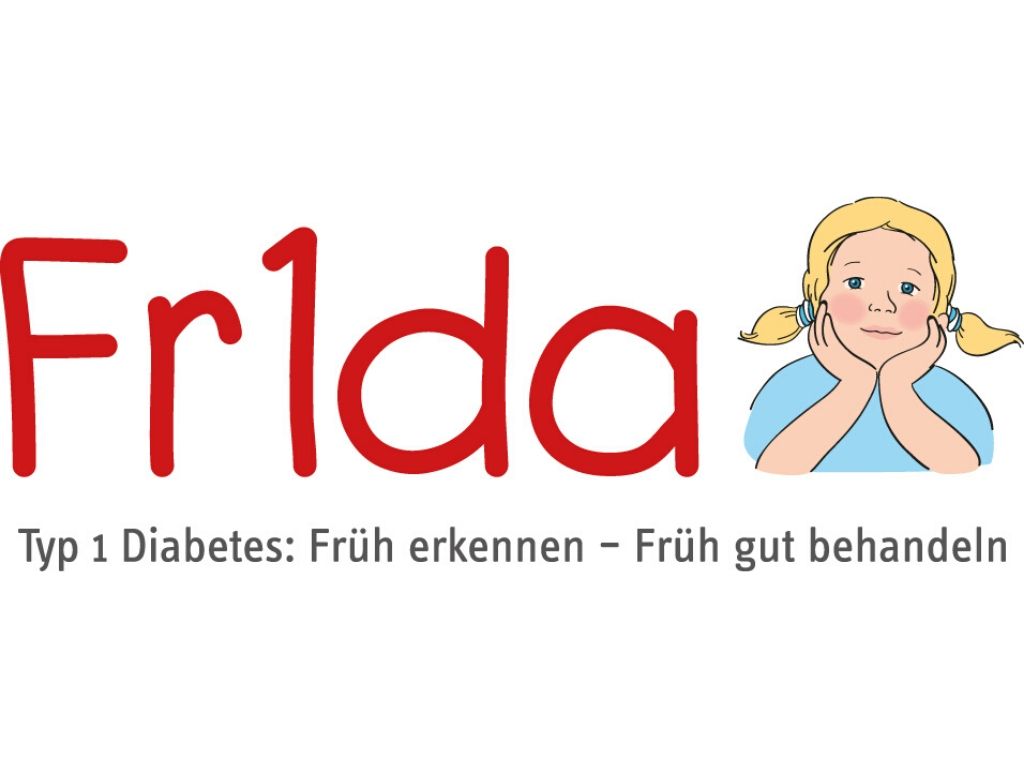
Universal screening for type 1 diabetes (T1D) is a priority for Breakthrough T1D, but the cost versus benefits remain unclear. Now, a large-scale population study in Bavaria, Germany, headed by Breakthrough T1D-funded Anette-Gabriele Ziegler, M.D., Ph.D., has a clue. The Fr1da study of nearly 100,000 children suggests that screening for autoantibodies—antibodies that are directed toward your own body—can reduce the progression from pre–symptomatic T1D to life-threatening diabetic ketoacidosis (DKA), by a lot.
DKA is a life-threatening complication due to a shortage of insulin, causing symptoms like dehydration, nausea and vomiting, confusion and difficulty breathing. If it’s not caught early, it can be fatal. DKA requires treatment in the hospital, and is associated with poor long-term blood-sugar control.
The Fr1da Study
Of the 90,632 children between the ages of 2 and 5 years old, 280 had pre-symptomatic T1D, and only two of those progressed to DKA. That’s less than 1 percent! Considering that the prevalence of DKA in unscreened children is approximately 20 percent in Germany and 40 to 60 percent in the United States, this is a big deal!
The significance of this is dramatic. DKA at diagnosis of T1D in children, unfortunately, predicts poor long-term glycemic control. That correlates to a greater risk of complications.
What about the costs? The screening costs were kept low by using a relatively inexpensive and sensitive prescreening method, which could exclude a vast majority of children from more expensive measurements.
How about the parents of children with pre–symptomatic T1D? Did they experience any distress when their children were diagnosed? It turns out: Yes, however, this declined within one year, and was low to moderate in the majority of families, suggesting that it is unlikely to lead to a level of distress observed in parents of children diagnosed with clinical T1D.
In summary, Fr1da is the first study to introduce preschool screenings for T1D in the general population, and the success of the study shows that large-scale screenings are possible and that there are large benefits to early diagnosis of T1D.
What’s next? Moving forward, the researchers will perform a cost-benefit analysis of the screenings, as part of the evidence to moving screening to the public health sector as standard of care. Furthermore, we can enroll people with autoantibodies in clinical trials aimed at halting or delaying the progression to T1D. To learn more about our screening efforts, go here.